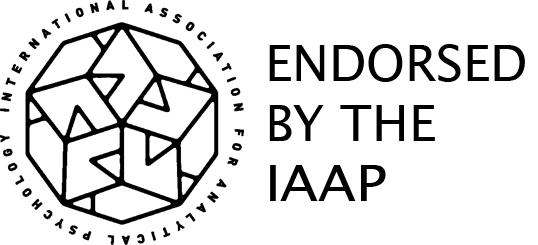This unique program, offered online over 9 weeks, is taught by two of the pioneering practitioners, theorists and educators in the rapidly growing field of ecotherapy. Linda Buzzell is co editor of the core text Ecotherapy: Healing with Nature in Mind and Mary-Jayne Rust is author of two seminal books: Towards an Ecopsychotherapy, Confer Books, London 2019 and Vital Signs: Psychological Responses to Ecological Crisis. Eds M.J. Rust & Nick Totton. Karnac, London 2011. Whether you are a licensed clinician or health care practitioner interested in expanding your current healing practice to include nature-connection therapies, or an educator, guide, coach, social worker, public health expert, artist or community activist, this extensive exploration of the expanding number of ecotherapies will offer new approaches and creative activities to pursue. Ecotherapy focuses on the synergy between human well-being and the health of the planet, so this course also by necessity includes ways to address the psychological and social justice issues raised by the rapidly degenerating human-nature relationship.
Because the practices and ideas of Ecotherapy are open to everyone, this Certificate neither requires nor confers a license or degree. It will be of interest to everyone looking for a more holistic and engaged way forward. The Certificate offers a range of readings, lectures, weekly reflections, and live sessions, so participants will need to make sufficient space in their schedules to learn as much as they can over the 9 weeks.



